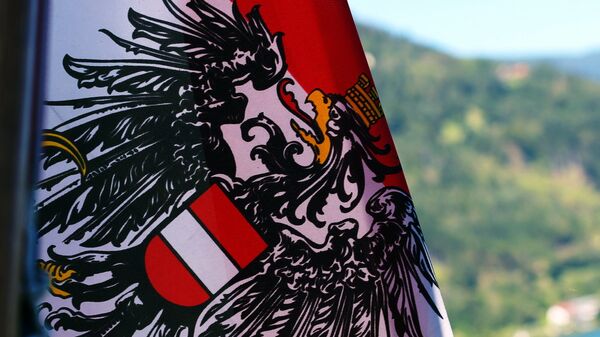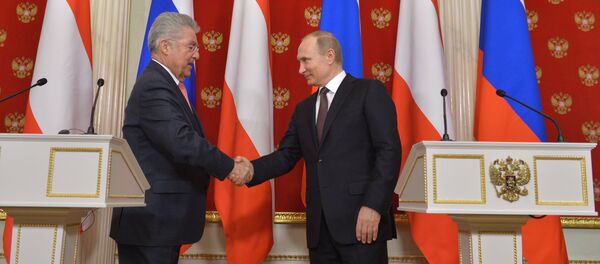Thomas Kollen, a German researcher from Cologne who has lived in Vienna since 2001, told the newspaper that he was motivated by his own experiences to study the problems faced by Germans living in Austria.
"Anti-German sentiment has not been covered by research on migration and racism until now," he explained.
"You experience it the most when people don't know where you are from. Things that I have heard about Germans at the bus stop surpass everything that people have said to my face when they know that I am German," Kollen said.
The researcher used social networking sites to locate 600 Germans in Austria for his survey. The majority of respondents, 71 percent, said that they overhear anti-German comments in the workplace, and 37 percent said that they feel being German is a drawback at work.
A minority of respondents, 29 percent, said that they try to give the impression of being "less German," and 30 percent said they feel their German accent is a disadvantage.
Diskriminierung von Deutschen in Österreich? https://t.co/kO9UNEjWci
— r2d2_Erlangen (@gutbranson) 9 апреля 2016 г.
'In Austria being German is a disadvantage,' Die Presse reported.
Almost one third, 29 percent, said that they are subjected to insults on the basis of nationality at least a few times a year, and one percent said that they were insulted on a daily basis for being German.
The vast majority of respondents, 86 percent, named their nationality as the mean reason for discrimination they have suffered while living in Austria, rather than their appearance, level of education, or gender.
Kollen said most of the Germans he questioned for his study had come to Austria to work, and the second most popular reason for moving was to be with a partner or family. Between 2002 and 2015 the number of Germans in Austria more than doubled, to 170,457.
In his study, Kollen theorizes that the anti-German sentiment has its roots in the Austrian identity, in which "the proud consciousness of not being a Piefke," (a quote from German journalist Hubertus Godeysen) has a central part.
Germans in Austria are sometimes called "Piefke," a pejorative name that originally referred only to Prussians and has its roots in a Polish family name, Piwka.
Bavarians have their own version, "Preiss," which they may call Germans in North or East Germany; that term is also sometimes used by people in West Austria. In Germany the term "Osi" is sometimes used to refer pejoratively to Austrians.
"The main motive was the victim status offered by the Allies that made it possible to think that Austria was attacked as the first victim of 'German aggression,' rather than taking responsibility as a perpetrator."
"The military stereotype was linked to the German image, and the Nazi image was augmented with the (Protestant) Prussian cliché."
Germans in Austria, he wrote, are paying the price of a "polarization" between Germany and Austria that has taken place since 1945, "anchored" in the construction of a historical narrative that denies Austrians' historical, linguistic and cultural links to their eastern neighbors.





